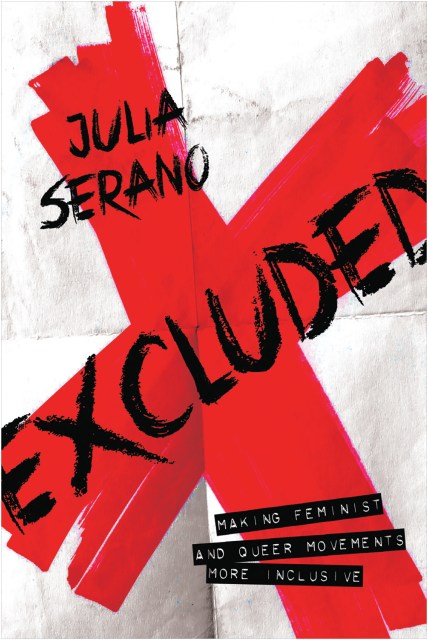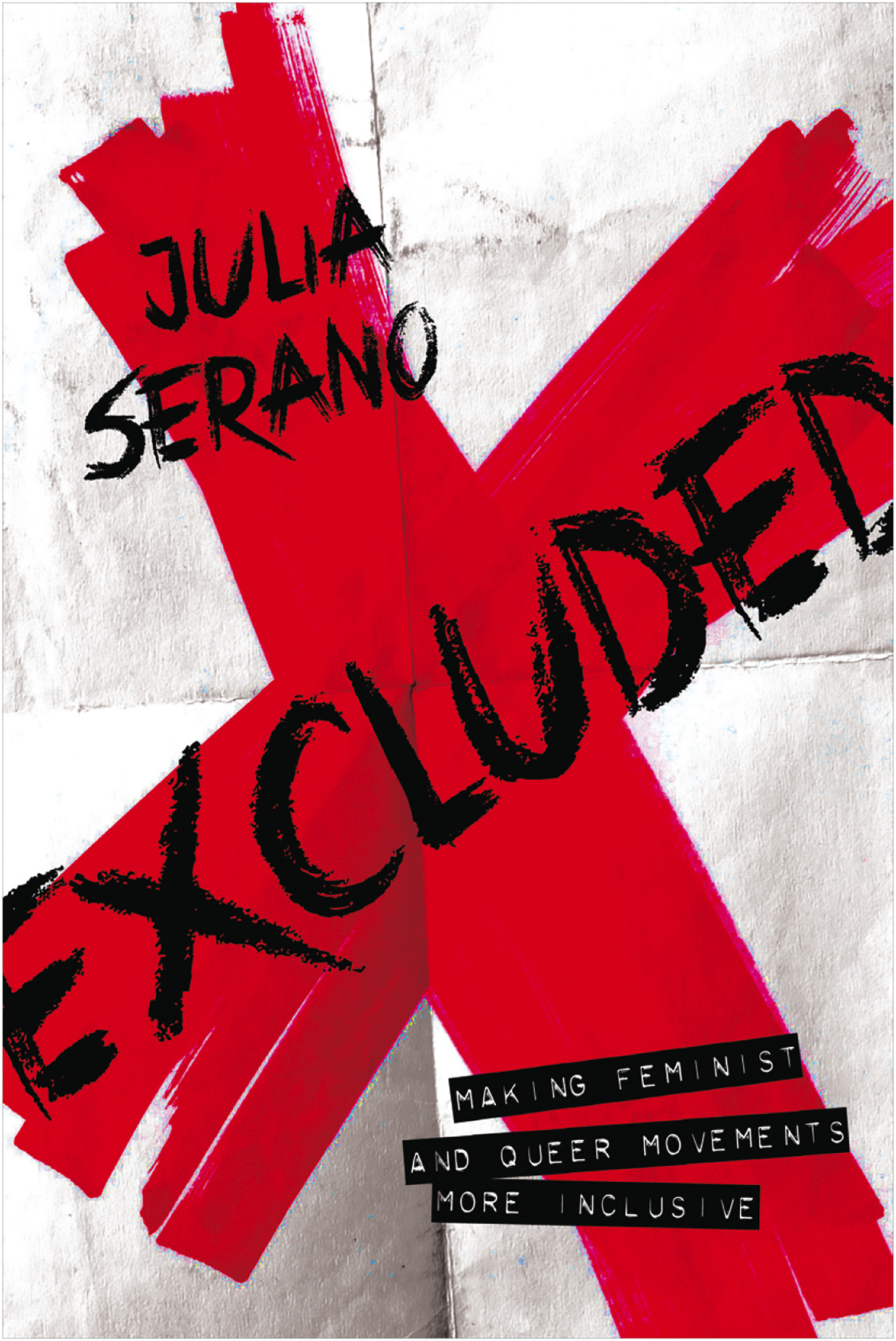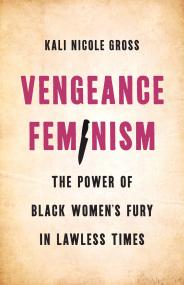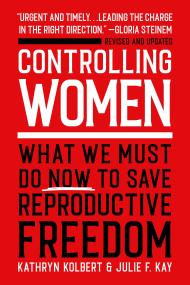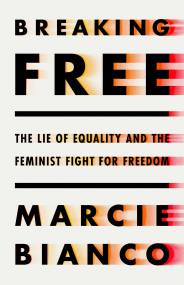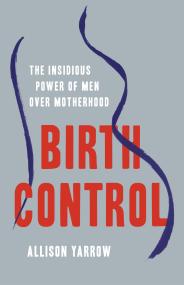By clicking “Accept,” you agree to the use of cookies and similar technologies on your device as set forth in our Cookie Policy and our Privacy Policy. Please note that certain cookies are essential for this website to function properly and do not require user consent to be deployed.
Excluded
Making Feminist and Queer Movements More Inclusive
Contributors
By Julia Serano
Formats and Prices
- On Sale
- Oct 1, 2013
- Page Count
- 336 pages
- Publisher
- Seal Press
- ISBN-13
- 9781580055048
Price
$17.00Format
Format:
- Trade Paperback $17.00
- ebook $11.99 $14.99 CAD
Buy from Other Retailers:
While many feminist and queer movements are designed to challenge sexism, they often simultaneously police gender and sexuality — sometimes just as fiercely as the straight, male-centric mainstream does. Some feminists vocally condemn other feminists because of how they dress, for their sexual partners or practices, or because they are seen as different and therefore less valued. Among LGBTQ activists, there is a long history of lesbians and gay men dismissing bisexuals, transgender people, and other gender and sexual minorities. In each case, exclusion is based on the premise that certain ways of being gendered or sexual are more legitimate, natural, or righteous than others.
As a trans woman, bisexual, and femme activist, Julia Serano has spent much of the last ten years challenging various forms of exclusion within feminist and queer/LGBTQ movements. In Excluded, she chronicles many of these instances of exclusion and argues that marginalizing others often stems from a handful of assumptions that are routinely made about gender and sexuality. These false assumptions infect theories, activism, organizations, and communities — and worse, they enable people to vigorously protest certain forms of sexism while simultaneously ignoring and even perpetuating others.
Serano advocates for a new approach to fighting sexism that avoids these pitfalls and offers new ways of thinking about gender, sexuality, and sexism that foster inclusivity.
-
"As a transsexual woman, [Serano] says that being a woman isn't just something she puts on or pretends to be - it's who she is. As a self-declared femme, she says that feminine gender expression - wearing make-up, or a dress, or crying - is not artificial, but rather natural to her. And as a biologist, she's saying that gender isn't performance, or isn't only performance; it's not (just) something you play at, but something you are."The Atlantic
-
"Through her own experiences and stories, as well as her amazing brain, Serano is able to call out the movements she calls home for excluding her, essentializing her experience, and refusing to accept her person."Autostraddle
-
"Serano uses her personal experiences as a lens to ask some major questions about how liberatory politics become limited when certain groups are sidelined."Bitch
-
"Serano's vision of an updated and holistic feminism isn't just about making some elbow room for those of us marginalized in the struggle. It calls for full and equal participation. The new image of feminism looks like all of us. . . [She] transforms topics mired in controversy and complexity and skillfully narrows them down."Curve
Newsletter Signup
By clicking ‘Sign Up,’ I acknowledge that I have read and agree to Hachette Book Group’s Privacy Policy and Terms of Use
